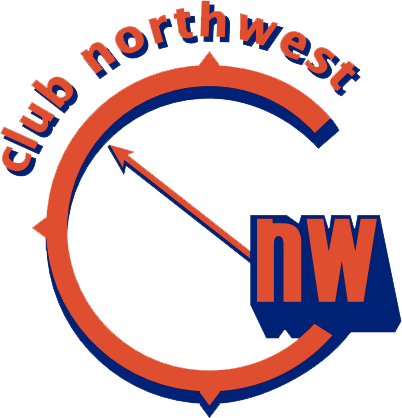With everything that’s happening recently, I’ve been doing a fair bit of reflection on my own race and how much of an impact it’s played on my life.
Growing up, I’d always seen my Asian American ethnicity as two separate identities. The former representing my parents’ Taiwanese nationality, my cultural upbringing, my high “Asian” achievement standards and expectations. This world entailed speaking “Chinglish” (mix of English and Chinese) at home, attending Chinese school on Sundays, taking violin/piano lessons, grappling with the ingrained competition and comparison with other Asian kids and avoiding (many times, unsuccessfully) the ultimate Asian failure – disappointing my parents. The latter represents my upbringing in Western society, navigating my way through the American schooling system where stereotypes run rampant, trying to fit in with the white kids and searching to find that sense of individuality that Western culture holds on a pedestal.
As you can imagine, these two worlds collided, often resulting in a conflicted inner self and a very confused self-identity. I viewed my Asian Americanness as a setback and I saw myself as an underdog in many realms, particularly in athletics. Whenever I walked into a room, I could feel the eyes turn to me because I looked different from everyone else. I could feel myself getting sized up and quickly dismissed because I was just the Asian girl – never a real contender. And so I developed a hard work ethic and incredible self-discipline because I was out to prove that I could hang with the other kids and be a real athlete.
Outside of athletics, I longed to have the golden Western family experience that I saw my white friends having. I wanted to hug my parents and say “I love you”, to have family game nights and be able to talk about my feelings with them. Oh, how badly I wanted to hear my parents say, “I’m proud of you.” I didn’t have that experience and no matter how hard I wished, I wouldn’t get to have that experience.
This left me in a self-identity limbo – I didn’t feel like I was neither Asian enough nor American enough.
Over time, I’ve come to realize how ignorant and idealized my perspective was. Though it wasn’t in accordance with Western tradition, my parents showed their love and care for me in many other ways. The tough love and hard work ethic that they instilled in me has and continues to take me to new heights. And I’ve come to embrace and appreciate my Taiwanese descent and have found myself more and more curious about learning about the history of my people.
And so today, I ask myself what it means to be an Asian American. I no longer see these as separate identities but as one. The unique experiences that I’ve had being raised by immigrant parents and being different from everyone else have played a huge part in who I am today. In my eyes, to be an Asian American means to be a hard worker with high expectations for myself, an ambitious woman with a relentless drive to leave this world better than how I found it and a proud first-generation American who never forgets her heritage and where she is from. No longer do I view my Asian Americaness as a setback but rather as a strength and an advantage that I can bring to the table.
I have a call to action for my fellow Asian Americans: We Asians are raised to “be quiet, be polite and make good grades.” We’re told to not stir the pot and cause trouble. But unless we want to become the forgotten race and keep getting stepped over, we have to change. We have to start speaking up and taking our seat at the table. We have to put aside our fear of disappointing others and let our voices, opinions and ideas be heard. Let us be proud of who we are, where we came from and what we stand for.
Author and Club Northwest athlete Stephanie Wang lives in Seatttle, Washington. She is an outdoor enthusiast and dedicated community advocate. Follow her adventures at texaskiwiblog.wordpress.com.




